I believe that strongly. I was truly disappointed initially. To come so close and then be three votes short in the Senate was difficult to instantly cheer. But then it soaked in that Kansas really had taken a very significant step. We have the House on record voting to override the Governor on House Bill 2178, repealing the Brownback experiment, and I believe that vote tally will hold if not grow. Once 45 Republican Representatives have taken that step, it makes no sense politically to turn back. As to the Senate, I like the number 24 much more than 16. It clearly means that you have the numbers to pass legislation that the public supports. We just need three more votes, and I very much believe they are there.
Keep in mind that in the seventh week of the session, traditionally on major and challenging issues, you would never think either body would be ready to pass something so significant and so important. There are at least three Senators who, at some point, will be ready to support what the state so desperately needs. Getting a little extra encouragement from voters in their districts could help do the trick, especially as we head into the "turnaround" break (through March 6th) where legislators will most likely be back home to hear from constituents.
For engagement with individual legislators, my last blog post shared some tips for engaging as well as some resources to help you make contact. The House and Senate rosters have email addresses and phone numbers for each legislator, or you can use this website to look up your representatives based on your address. Also, remember the State Library’s toll free hotline number (1-800-432-3924) where reference and research librarians are available to answer questions on legislation, legislative procedure, state government, or policy issues, and your calls are confidential. The State Library can also be contacted via text message at 785-256-0733, email, or even a live chat with a librarian through their website.
I encourage citizens to connect directly to the members’ offices, meet with them in person in their districts or at the Capitol, and find ways to share your feelings on the importance of getting this done. It is the best of a democracy when the citizens are engaged and actively working with the elected officials to get things done. So let’s stay engaged. Good things will happen.
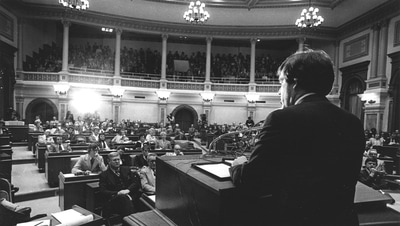
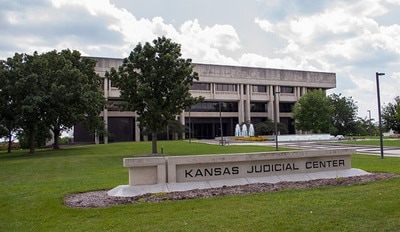

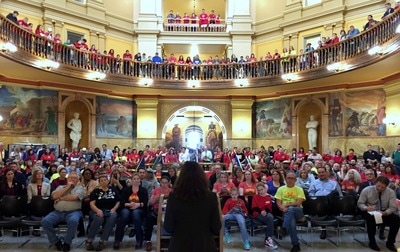
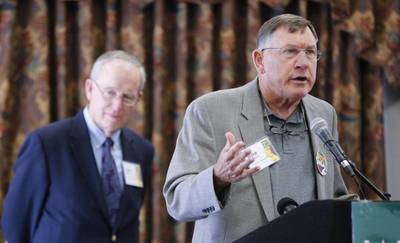
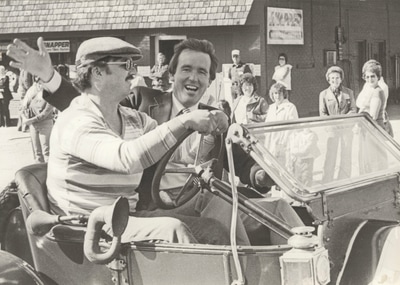
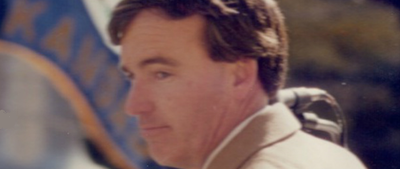

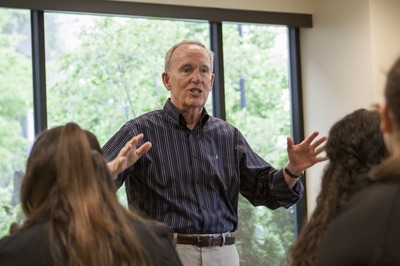
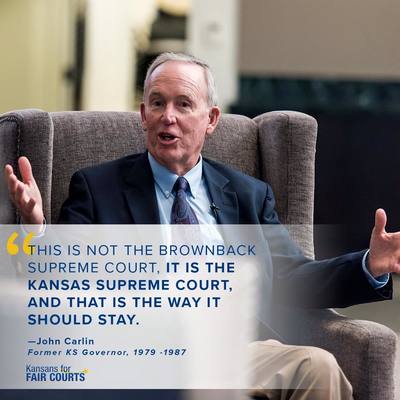
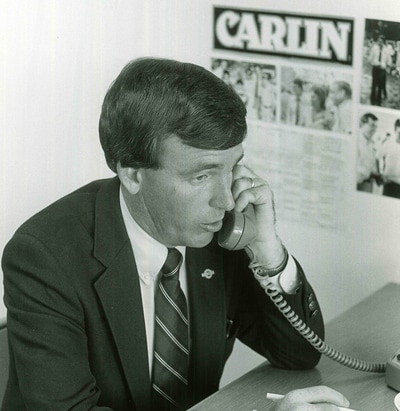
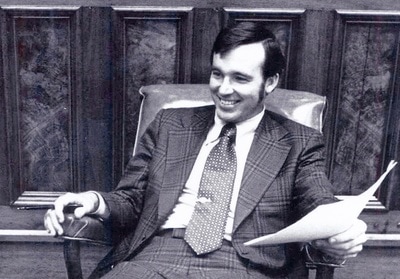

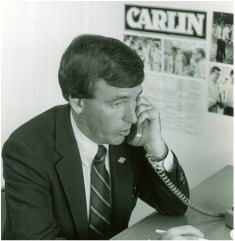
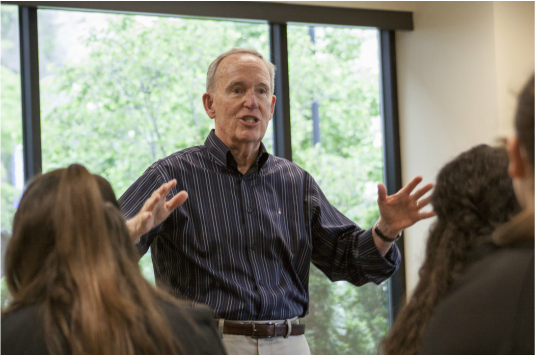
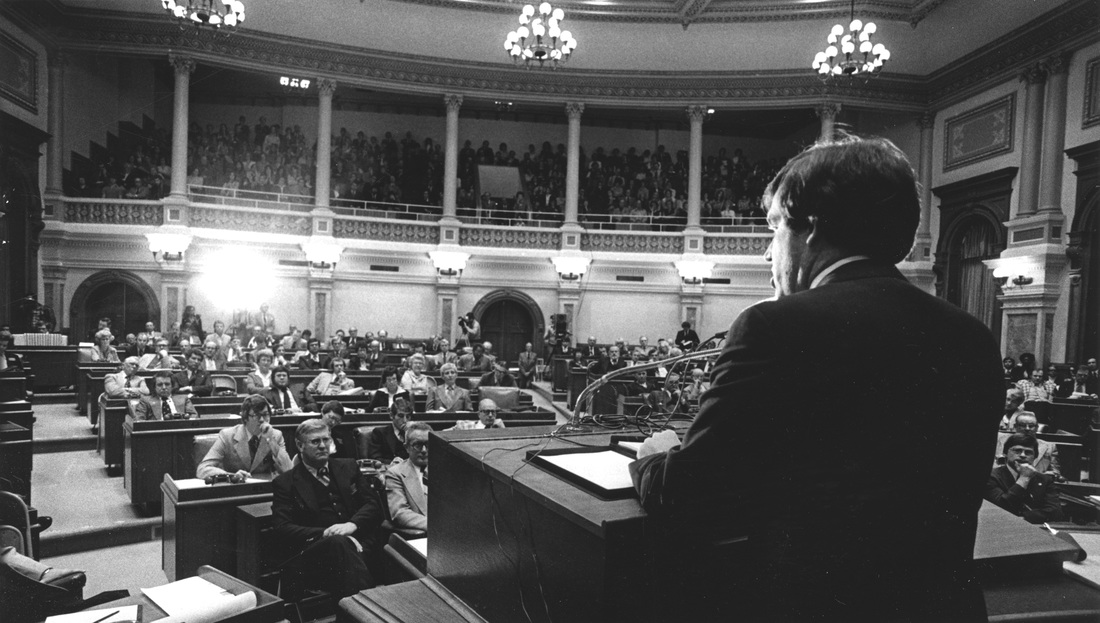
 RSS Feed
RSS Feed